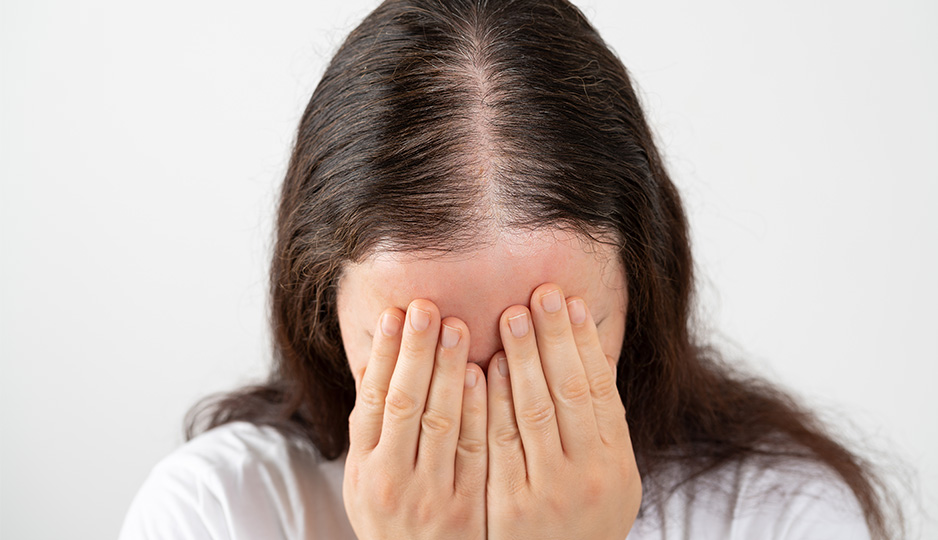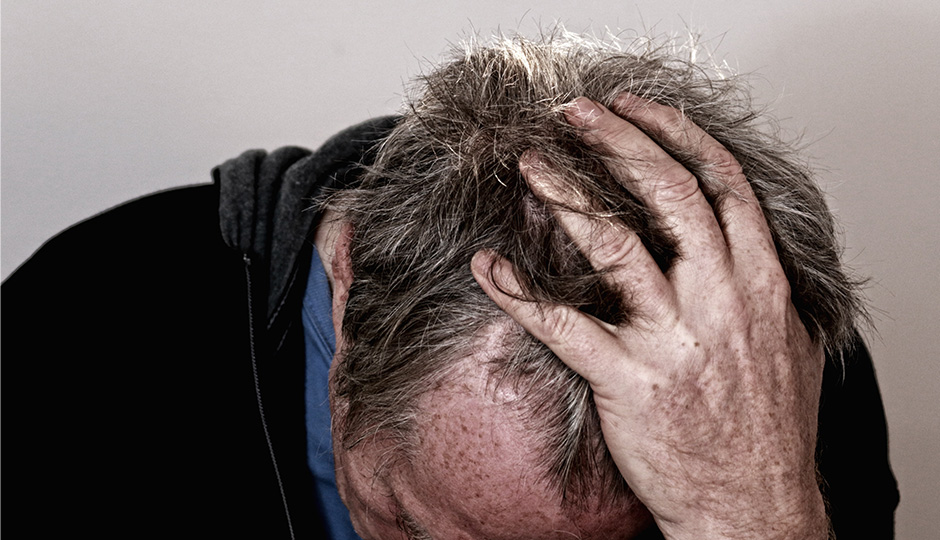There are many different causes of hair loss for both men and women, and while some of these causes can be avoided, others are better to know in advance so you can be informed about options when the time comes to restore or revitalize your natural hair.
Genetic Considerations
The most common cause of hair loss is a hereditary condition known as androgenetic alopecia (also known as male or female pattern baldness). This condition predominantly affects men but can also affect women, albeit differently. For men, this begins with a thinning of the hairline around the temples before spreading around the hairline and also thinning on the crown of the head. Conversely, female pattern baldness leads to hair thinning and does not necessarily lead to baldness. According to experts, if a close relative such as a parent is affected by androgenetic alopecia, have a higher chance of inheriting this particular type of hair loss.
Autoimmune Disorders
Alopecia areata - an autoimmune disease that causes the body to attack hair follicles - can cause hair loss. This condition can occur in otherwise healthy individuals, however experts say people who have this condition are at a higher risk of asthma, allergies, eczema, and hay fever. While most often hair will re-grow on its own, getting the proper treatment can help hair regrow faster.
Hormonal Imbalances
There are many reasons why our hormones might become imbalanced such as menopause or childbirth which leads to the false belief that women are the only ones to experience hormonal imbalance. And while it's true that women experience this issue more commonly, men can also experience an imbalance based on a number of factors including diet, stress, activity level, genetics, and medications.
Telogen Effluvium
Are you frequently stressed out? Experiencing a major surgery or illness? Prone to severe chronic illness? If so, these may lead to Telogen Effluvium: A hair loss condition resulting from a "shock" to the system, whether physical or psychological. Generally, this hair loss will not occur until after few weeks of this shock to your system. Additional causes can include certain medications, crash diets (particularly those with inadequate protein), and childbirth.
Nutrient-Poor Diets
If you are among the more than one-third of Americans who actively diet, you may be at a higher risk of developing hair loss. While research is slightly lacking in terms of which - if any - supplements can help prevent this type of hair loss, experts say diets that are not rich in nutrients such as protein, iron, or niacin can lead to various types of hair-loss conditions.
Stressful Styles
If you frequently boast hairstyles that put strain on your hair strands and roots, you may be prone to traction alopecia: an avoidable type of hair loss. While this type of hair loss is most commonly associated with African-American women who often use tightly braided, weaved hairstyles or dreadlocks, it can affect anyone who frequently wears their hair in a tight style or who often uses stressful techniques such as heat to style their hair.
What To Do
If any of these predispositions resonate with you, you're not alone. In the United States, nearly 80 million men and women experience Androgenic Alopecia alone. The great news is, each of these hair-loss causes can be treated, if not avoided entirely, with proper diagnosis and treatment.
The first step is to determine what the cause(s) are of your hair loss with a professional who understands how important your hair is to you, followed by understanding the options available for the most effective treatment.
While changes in diet and habits can mitigate some of these hair loss issues, others may require more in-depth, personalized treatments that can include surgical, non-surgical, restorative, and cosmetic solutions. We invite you to contact us today, and come in for a free consultation with our hair loss specialists.



